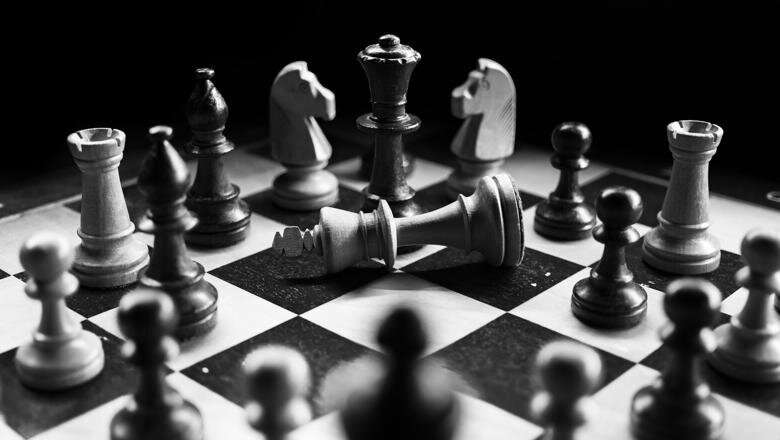Study examines impact of stereotyping on performance in chess

Stereotypes around women's ability to play chess could explain why they perform worse when playing against men in competitive environments, a new study has suggested.
Despite no evidence of an innate advantage for men, female expert chess players were found to make 11% more errors when competing against their male counterparts, while men were observed to continue playing longer—by 8% on average—against women even when they would normally have resigned against a man.
Both factors mean women earn fewer points on average against male opponents in competitive chess—even after researchers controlled for player fixed effects, the ages, and the expected performance (as measured by the Elo rating) of the players involved.
The findings were published in a new paper, "Gender, Competition and Performance: Evidence from Chess Players," co-authored by Dr. Santiago Sanchez-Pages (King's College London), Dr. Peter Backus (University of Manchester), Dr. Maria Cubel (University of Bath), Dr. Matej Guid (University of Ljubljana) and Enrique Lopez Manas.
The researchers said: "We found that the effect of the gender composition of the game on outcomes is driven largely by female players making larger errors when playing against males. This is in contrast with male players, who play equally well regardless of the sex of the opponent.
"We also found that, on average, men persisted longer before resigning when playing against a woman, decreasing the points that a female player can expect to earn against a male opponent.
"Our results provide evidence that inter-gender competition changes the behavior of both men and women in ways that are detrimental to the outcomes of women."
Researchers used data from more than 79,000 games of chess played by 14,056 players from 154 national federations over a period of 18 months.
One explanation offered by the researchers for the disparity in outcome between men and women is deep-seated beliefs about that relative ability of women to play chess. Women constitute only about 11% of mixed-sex tournament players and two percent of Grandmasters.
The researchers said: "Previous studies have shown that stereotypes lead to differential beliefs which in turn correlate with differential performance. As for the actual mechanisms linking beliefs and performance, these can be related to changes in effort or in under or overconfidence."
More information: Gender, Competition and Performance: Evidence from Chess Players. www.ed.ac.uk/files/atoms/files … _and_performance.pdf
Provided by King's College London



















